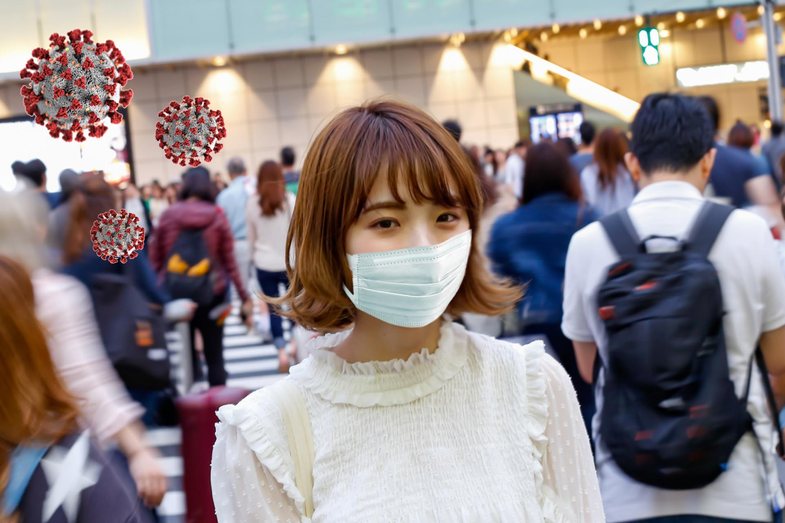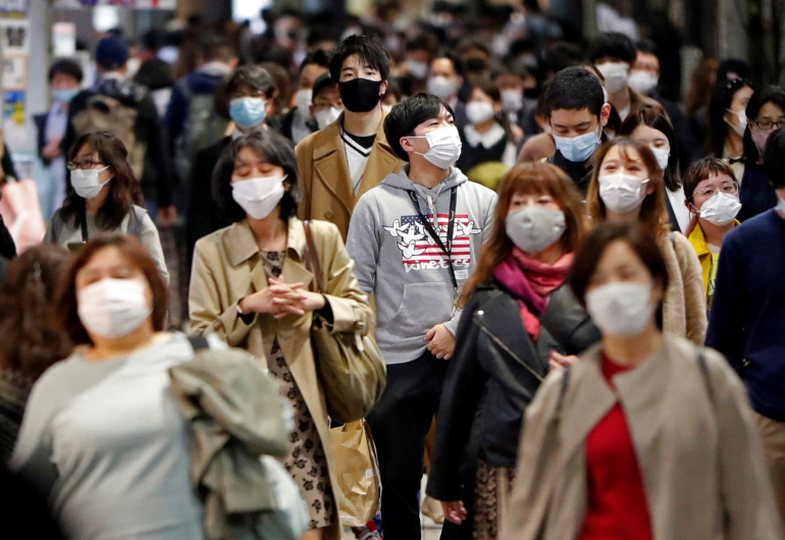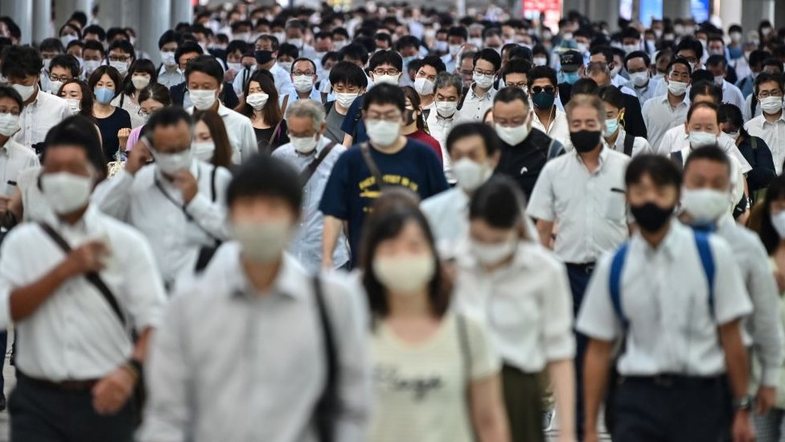
When the Diamond Princess, a cruise ship where a high number of Covid infections spread, arrived in Japan in February, it looked like bad luck. However, the early exposure gave some lessons to the authorities that helped make the Japan epidemic milder than any major economy in the world, despite a recent rise in infections.
A total of just over 4,300 people have died from the coronavirus in Japan. If the figure tells you nothing, just consider that Japan has more than 126 million inhabitants. Surprisingly, Japan has achieved this success without strict restrictions or mass testing.
"From the beginning, we did not seek to control it," said Oshitani Hitoshi, a virologist who sits on a panel of experts advising the government. That would require identifying all possible cases, which is not possible in a country the size of Japan when most infections produce mild or asymptomatic symptoms, he argued. Japan conducts fewer tests at G7; something more than 200 such per day.
The government tried to implement the lessons learned from Diamond Princess. After officers and nurses became infected on the ship, despite the protocols followed, the Oshitani team concluded that the virus was spreading in the air. As early as March, Japanese authorities began warning citizens to avoid san-mitsu or "3C": enclosed spaces, crowded places and places of close contact. The advice was broadcast on traditional and social media. This method was considered Epiphany 3C, referring to the meaning of the word "epiphany" - an intuitive understanding of reality, an enlightening discovery or vision.

Studiuesit vendosën Fugaku, super-kompjuterin më të shpejtë në botë, për të modeluar situata të ndryshme. Metro të mbushura me njerëz paraqesin pak rrezik, nëse dritaret janë të hapura dhe pasagjerët kanë maska. Kinematë janë të sigurta, "edhe nëse shikuesit hanë kokoshka", thotë Nishimura Yasutoshi, ministri që mbikëqyr reagimin e qeverisjes ndaj Covid-19.
Qeveria japoneze paralajmëroi për pesë rreziqe më specifike: darkat me alkool; takimet në grupe prej më shumë se katër njerëz; të folurit nga afër pa mbajtur maskë; jetesën në konvikte dhe hapësira të tjera të vogla të përbashkëta; përdorimi i dhomave të zhveshjeje.

Of course, these tips would be in vain if ordinary people had ignored them. The Japanese took the advice seriously. They stayed home when they had symptoms, although the warnings had no legal force. When Americans and other citizens around the world argued that the mask was an attack on personal freedom, this did not happen in Japan.
Burimet: The Economist, The Washington Post, Worldometer





